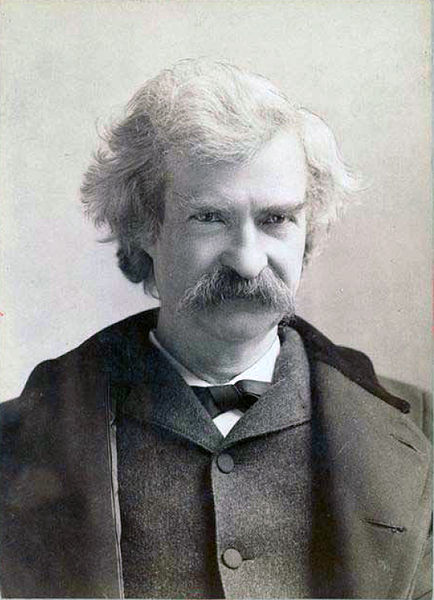Should You Write an Outline?
Outlines work for some authors, and they might go so far as to say that you can’t write a cohesive tale without one.
Read more here.
Warning: Characters in Mirror May Be Deeper Than They Appear
Mark Twain’s Rules for Good Writing

Mark Twain’s 18 rules for writing – part of his response to the fiction of James Fenimore Cooper.
Mark Twain (1835-1910) is the writer who once observed, ‘The difference between the almost right word and the right word is the difference between the lightning-bug and the lightning.’
Read more here.
Do You Really Know How To “Show, Don’t Tell”?
When you write in Deep POV, like so many books today, even your narrative must Show, Don’t Tell. It should read as though the character is speaking rather than author intrusion. Years ago, books used an omniscient narrator, but today readers expect more. It is at the editing stage where you can amp your writing to the next level by concentrating on these changes.
Read more here.
How to Improve the Conflict in Your Story
Know Your Story Locale and Setting
In order for your viewpoint characters and narrators to sound like natives of the fictional world (land, country, or era) of their stories—and in order for you to sound like a native yourself—you need to be more than familiar with the way the locals speak.
Read more here.

